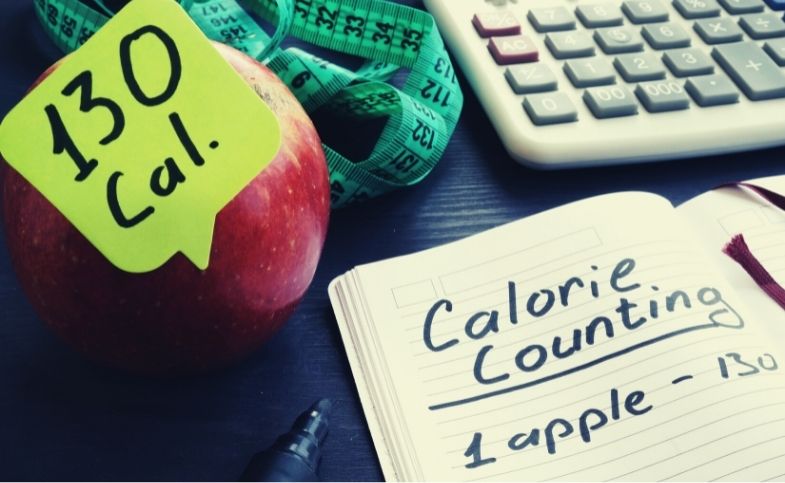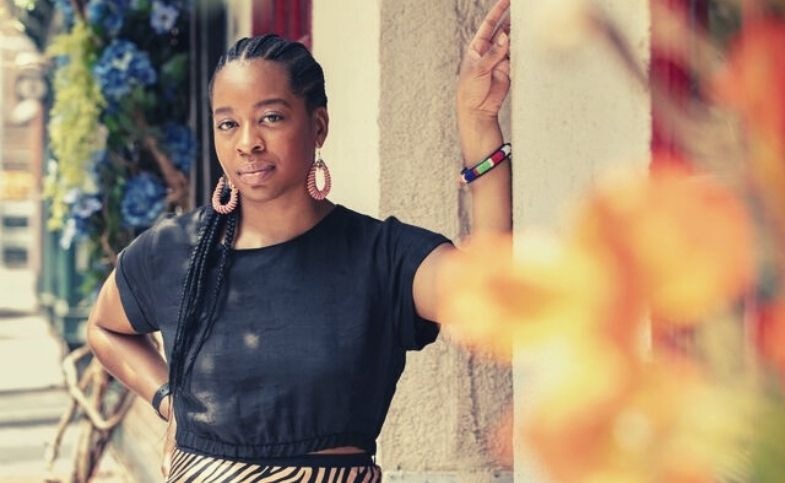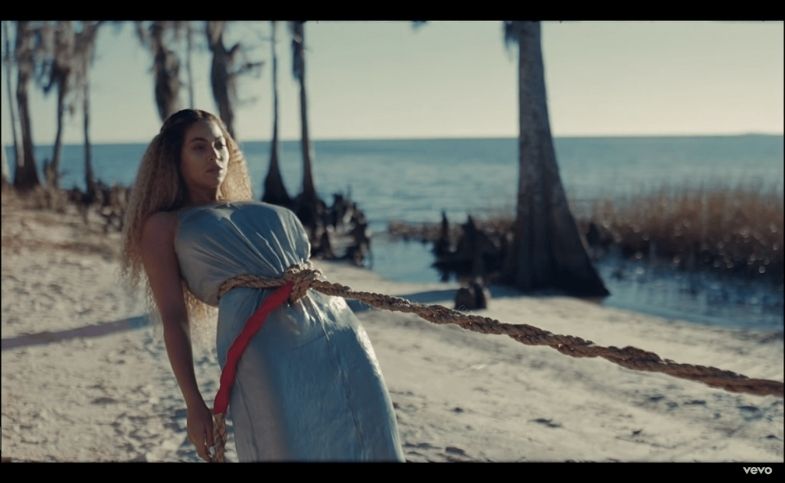In a new interview, Houston rapper Ingrid Burley, who co-wrote Beyonce’s Lemonade tune “Love Drought,” stated the song isn’t a hate track on Jay Z, but rather a slam on her company, the star’s Parkwood Entertainment. Burley claims in an interview with Genius that even Beyonce was unaware that the song — which includes lyrics like “ten times out of nine, I know you’re lying / But nine times out of ten, I know you’re trying” — was inspired by her frustration with the label when the 29-year-old rapper and childhood Bey neighbor was new to the game some years ago.
“At the time, two of the people operating the label lied to me and told me Beyonce wasn’t listening to any new music,” she added. But four days later, Burley said she arrived at a Beyonce writing camp in Los Angeles and began listening to music with producer Mike Dean, after which she was told by someone on the singer’s A&R team that Beyonce had written copious notes on the tracks she was interested in.

“And then she begins to read these notes… “And I’m like, ‘You just told me she doesn’t listen to any music,'” Burley explained. (A Beyonce spokeswoman could not be reached for comment as of press time.) “I was furious… I was simply thinking as I was looping this beat that I couldn’t get the fact that they just lied to me out of my head!” she continued, referencing the phrase “ten times out of nine.”
Can Heartache Exist In A Love Song?
Austin Williams mentioned a chat he had with one of the kids he taught at CUNY City College in his lyric breakdown of Normani’s current track, “Fair.” This student, a bright young woman named Deasia, lingered behind after class to work on her laptop. He followed suit.
They rehashed a conversation they had in class about their shared interest in Normani while they both worked. This finally led to them debating whether a song as depressing as “Fair” should be classified as a love song according to the Yellow Diamonds criteria he had defended.
This conversation finally evoked the great Beyoncé Giselle Knowles-Carter, as it does with most noteworthy music debates. Deasia began to list additional songs expressing similar thoughts that she believed proved me wrong when he said that “Fair” might possibly be a love song, as it is also a record about the feeling one has when someone they love leaves them for another. “Love Drought,” from Beyoncé’s iconic 2016 album Lemonade, was one of those songs.
Tales of sadness can still be considered love songs, as he stated in his breakdowns of “Fair” and Kehlani’s “small story,” another song about a dying romance. What distinguishes “Fair,” “small tale,” and “Love Drought” from other songs about loss is that they avoid the cynicism that this piece decries. And, of course, where there’s hope, love is almost always close following.
Normani sings more about why she can’t go on than why she believes she should in “Fair,” as she maintains her love for a man she lost. Kehlani, on the other hand, strives to reclaim the affection of a partner she abruptly abandoned in “small narrative.” And in the most verbose of these songs, “Love Drought,” Beyoncé tries to fight through dry spells in her marriage, believing that an oasis is just around the corner. All three songs are expressions of love that are unconstrained by listeners’ assumptions of how happy love should make us.
The complexity of Lemonade as an emotional text have gotten a lot of attention. Williams was not present to take part in this. He has a number of Black female colleagues who are better suited for the job than he is as an adjunct professor and music editor. But the case for “Love Drought” as a love song is too compelling for him not to explain it to his friend Deasia.
Nine times out of ten, I’m in my feelings
But ten times out of nine, I’m only human
Tell me, what did I do wrong?
Feel like that question has been posed
I’m movin’ on
I’ll always be committed, I been focused
I always paid attention, been devoted
Tell me, what did I do wrong?
Oh, already asked that, my bad
But you my lifeline, think you tryna kill me
If I wasn’t me, would you still feel me?
Like on my worst day?
Or am I not thirsty enough?
I don’t care about the lights or the beams
Spend my life in the dark for the sake of you and me
Only way to go is up, them old b****s so wack
I’m so tough, wassup?
‘Cause you, you, you, you and me could move a mountain
You, you, you, you and me could calm a war down
You, you, you, you and me could make it rain now
You, you, you, you and me would stop this love drought
To Deasia’s credit, she forms an excellent counterpoint to Williams’ love song requirements. To put it another way, she believes that mere expressions of love do not necessarily characterize a love song. Instead, she feels that songs about heartache and grief, which we experience when love becomes one-sided, transcend the emotion and represent something altogether else.
She isn’t mistaken. While “Fair” matches Williams’ own concept of a love song as defined by Yellow Diamonds, it doesn’t exactly fit the technical criteria as defined by the song’s aim. “Love Drought,” on the other hand, does. Like “small narrative,” this album puts love on the table.
Despite the difficulties it describes, “Love Drought” is a work of pure optimism, as evidenced by the hook above. There’s nothing Beyoncé and Jay-love Z’s can’t overcome, including adultery, in her opinion. To her, a stadium-touring, Grammy-winning, world-beating superstar, whatever love she offers or receives has the power to move a mountain, end a war, deliver rain, and bring an end to even the longest season of lovelessness. Who are we, mere mortals, to argue?












